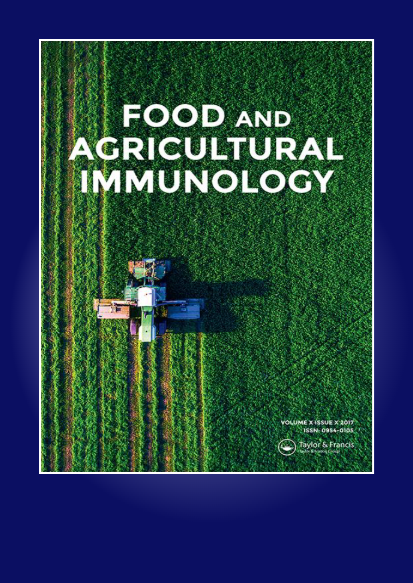白藜芦醇抗癌研究综述
IF 2.1
3区 农林科学
Q3 CHEMISTRY, APPLIED
引用次数: 0
摘要
白藜芦醇(RVT)因其对乳腺癌、前列腺癌、胰腺癌、口腔癌、脑癌、肺癌和肝癌等多种癌症的化学预防和治疗特性而闻名。研究发现,在不同乳腺细胞系中,抑制胶质母细胞瘤细胞生长,降低uPAR及其介质ERK1/2,抑制细胞系(EC-9706)生长和ADAM9表达,上调lncrna和PPARγ,抑制MTA1调节致癌基因miR-34a、miR-22和miR-17,增强E-cadherin表达,降低Twist1和vimentin表达,抑制ADAM9表达,下调ATP2A2和ATP2A3基因表达。IL-6和COX-2表达的降低,SIRT1去乙酰化酶LTR和HTLV-1的Tax活性的抑制,上皮-间质转化(EMT)和eEF1A表达的抑制,TEAD和YAP之间的相互作用以及Hippo/YAP信号的激活。因此,由于RVT的治疗特性,可以认为它是治疗上述癌症的有希望的药物。本文章由计算机程序翻译,如有差异,请以英文原文为准。
Anti-cancer perspectives of resveratrol: a comprehensive review
Resveratrol (RVT) is well known for its chemo-preventive and therapeutic attributes against the various kinds of cancers such as breast, prostate, pancreatic, oral, brain, lung and liver. It has been found to inhibit glioblastoma cell growth, declining uPAR and its mediator ERK1/2, inhibiting the cell lines (EC-9706) growth and ADAM9 expression, up-regulating the lncRNAs and PPARγ, inhibition of MTA1 to modulate oncogenic miR-34a, miR-22 and miR-17, enhance the E-cadherin expression and decreased the expressions of Twist1 and vimentin, inhibiting ADAM9 expression, downregulation of ATP2A2 and ATP2A3 genes expressions in different breast cell lines, reduction in IL-6 and COX-2 expression, inhibition of Tax activity of LTR and HTLV-1 in SIRT1 deacetylase, suppression of epithelial-to-mesenchymal transition (EMT) and eEF1A expression and fracas interactions between TEAD and YAP and activation of Hippo/YAP signalling. Consequently, it can be suggested that RVT is a promising agent for treating aforementioned cancers due to its curing characteristics.
求助全文
通过发布文献求助,成功后即可免费获取论文全文。
去求助
来源期刊

Food and Agricultural Immunology
农林科学-毒理学
CiteScore
5.30
自引率
6.70%
发文量
52
审稿时长
2 months
期刊介绍:
Food and Agricultural Immunology is an international open access journal publishing original immunological research with applications in food, agricultural, environmental and veterinary science. Submissions describing the use of immunological techniques and methods are particularly welcomed.
The journal aims to expand our understanding of the interactions at the interface of food and immune systems including studies on:
-Development of diagnostic systems – all types of ligand-based assays, e.g. antibody, aptamer
-Application of ligand-based assays for the detection or identification of molecules of interest in food science, agricultural research, veterinary investigations and clinical systems relating to food allergy or sensitivity to agricultural chemicals
-Effects of food on the immune system
-Studies on allergy and allergic reactions
-Investigations into food allergies
-Development of allergen-free food systems
-Development of novel assay formats
-Applications of assay systems to the monitoring of food items in relation to safety and labelling
-Food quality issues, e.g. speciation, adulteration and contamination
-Comparisons between different analytical techniques
The journal publishes research and review articles and is essential reading for food scientists, immunologists and all those concerned with the interaction between food and immune systems.
 求助内容:
求助内容: 应助结果提醒方式:
应助结果提醒方式:


